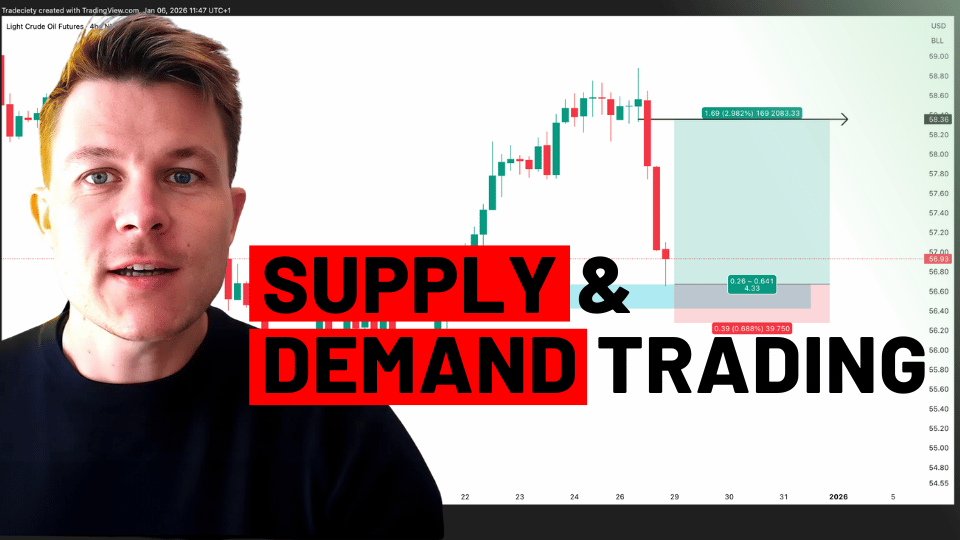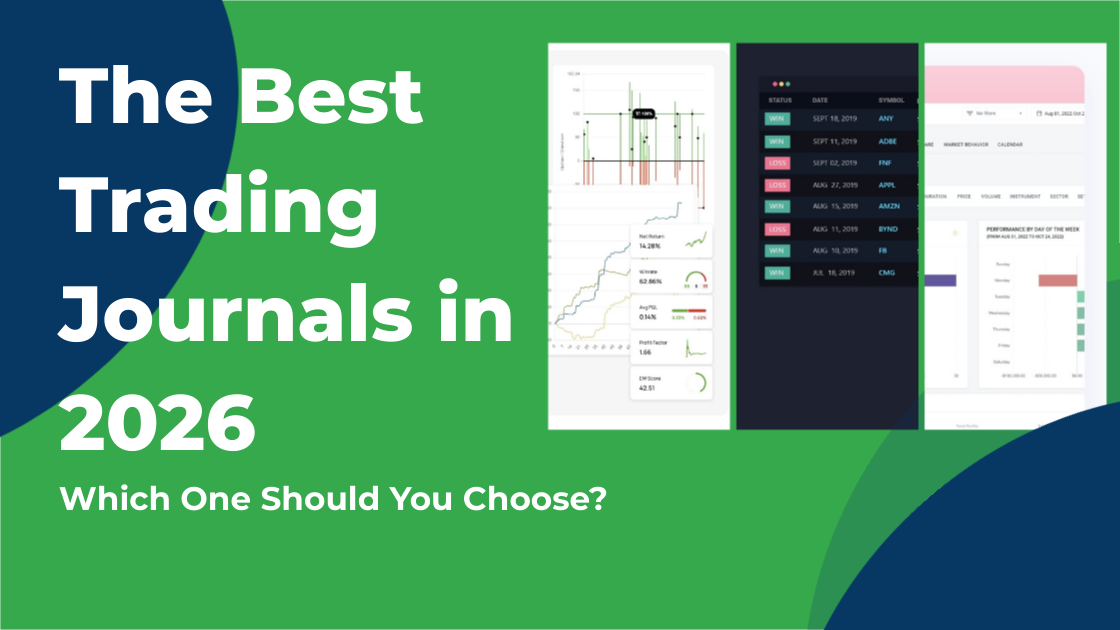Supply and Demand Trading in 2026
We have been trading supply and demand strategies for over ten years, and they have stood the test of time remarkably well. Supply and demand is...

I have been doing quite a few meditation and contemplation exercises lately and one thing that really stuck with me was a lesson that is very applicable to trading. Expect the expected.
Usually, the saying goes “expect the unexpected”, but that doesn’t really get us far in trading. I mean, yes, our contingency plan can NEVER account for all the possibilities that might become a reality. However, it is definitely possible to cover most of our bases.
And whenever something unexpected happens, you should have a contingency plan for that, as well – that is expecting the unexpected. Then after you conclude the trade during which this surprise event hit you, you update your contingency plan with additional measures and you will come back better prepared next time.
This is of course only talking about managing the trade, which is the MOST IMPORTANT part of trading. Yes, a contingency plan is the most important part of your trade plan, because when you enter a trade, you do that based on current and past information. But what will really make or break you as a trader is how you react to what happens when you are in the trade.
Today we will talk about the two dimensions of expecting the expected, how that affects your emotions and how having a contingency plan will affect your decision making when you need it the most – when the market corners you while you are exposed.
Firstly, the emotional dimension, which is pretty important but can be easily summarized in a few words. Expecting the expected means not acting in a surprised manner when losing a trade. Meeting a losing trade with mental resistance is a complete waste of emotional capital and objective thinking capacity.
When your winrate lies at 50%, you will – in the long run – lose 5 out of 10 trades, 50 out of 100 trades and 500 out of 1000 trades, respectively. This is to be expected. Why do you experience feelings of anger, resentment, frustration, etc. when losing a trade? It is absolutely irrational and has nothing to do with the reality of trading.
Expecting to lose the trade as soon as you put on a position would be the rational thing to do, not expecting to win a trade. And even if your winrate lies above 50% or even 60%, expecting to lose the trade is the smart thing to do – because when things go your way, trading is easy, or at least easier. The real money is made, however, in times when the market doesn’t go your way. Capital preservation is key to success.
You can then objectively assess why you lost the trade and move on the next one without any emotional baggage.
Now as soon as you accept the reality of trading and accept that you are going to lose a lot of your trades – that is when you free your brain from unnecessary occupation and open it up to actually reacting to what is happening when a trade goes against you. Which leads us to the second dimension of expecting the expected. The technical dimension.
Being able to act objectively while in a trade is a matter of one simple thing – expecting the expected. And you do that with a contingency plan.
What should be in that plan? Everything. Here are a few ideas to get you started.
As you can see, a contingency plan is pretty elaborate. And it is ever growing. Mine has grown for quite some time now but it slowly gets to the point where I don’t add a lot of things anymore, simply because I have 95% of my bases covered and all the possible scenarios that can play out while I am in a trade are already implemented.
Now if you don’t have a contingency plan, then I suggest you go for a full Set&Forget approach because trust me, you will fare much better with that until you actually have a plan. But even if you trade a Set&Forget approach successfully, you should still have a contingency plan for matters like internet connection loss, huge price gaps, black swan events, and so on.
To summarize, expecting the expected means two things.
This will give you peace of mind, increased trading results and much less stress. Trading doesn’t have to be stressful. It is only stressful if you don’t know what you are doing because you don’t have a plan.

We have been trading supply and demand strategies for over ten years, and they have stood the test of time remarkably well. Supply and demand is...

3 min read
Choosing the right trading journal is essential for traders wanting to analyze performance, refine strategies, and improve consistency. In this...

3 min read
“95% of all traders fail” is the most commonly used trading related statistic around the internet. But no research paper exists that proves this...